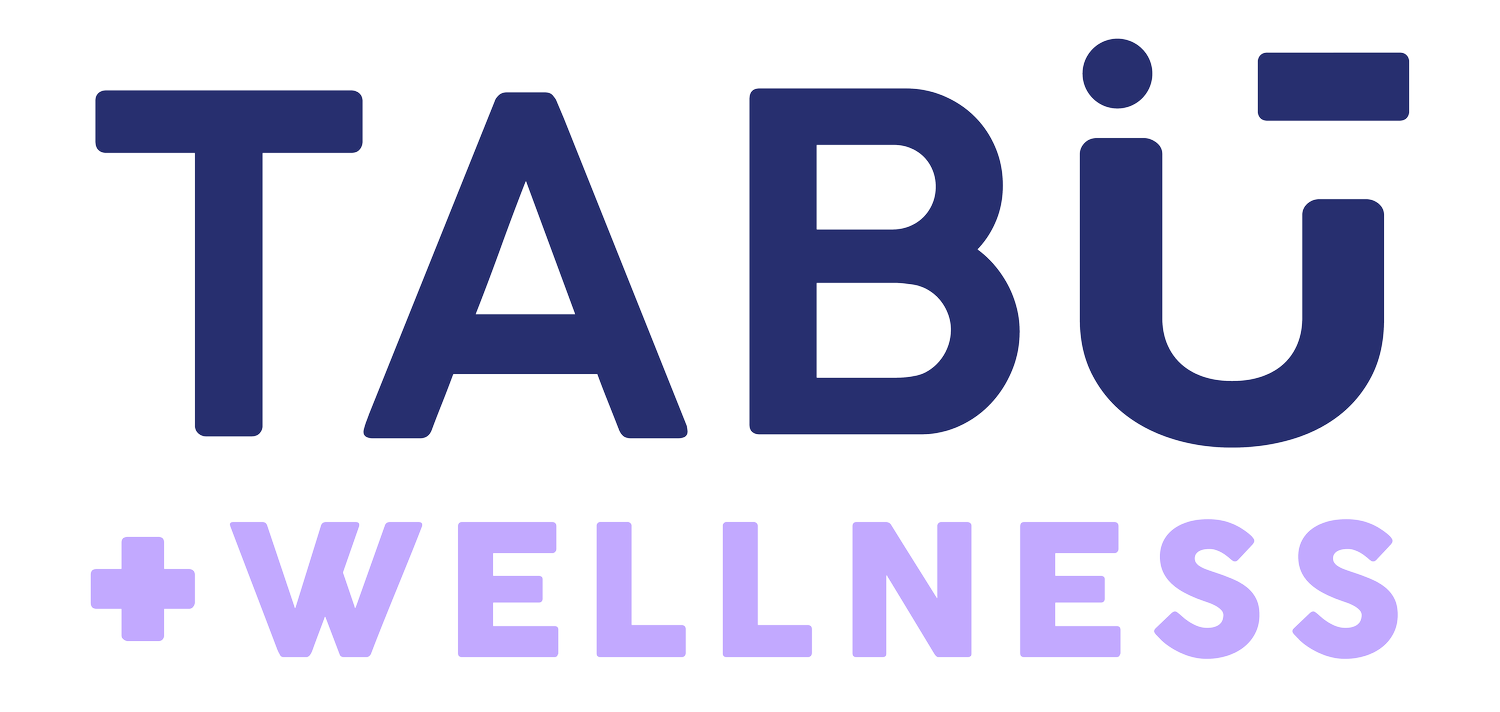Self-Care Strategies for Therapists, Coaches, and Mental Health Professionals
Because wellness professionals need self-care, too.
Imagine understanding the benefits of self-care, what strategies really work, and how to implement them. It’s probably not that difficult for you to imagine because as a mental health professional, you do have this understanding. You are not only an expert in guiding clients toward healthier habits, but also in providing healing techniques and encouraging your clients to apply self-care strategies to their daily routines. You see the benefits of said strategies when your clients return to sessions feeling refreshed from setting boundaries and caring for themselves. You know the importance of prioritizing your own self-care, yet when it comes to taking action in truly nourishing yourself, you often shrug it off. While you may know better, you don’t always make the time to do better when it comes to your emotional or even physical wellbeing needs.
Nurturing your clients’ mental wellness is so important; it’s literally your job (and an enormously fulfilling one at that). But remember, your mental health matters, too. An American Psychological Association (APA) survey found that 72% of psychologists reported that their number one concern and personal and professional challenge was an “overly challenging work-life balance.” Going through the motions with malleable boundaries and neglecting your self-care won’t lead to any good. This is why incorporating daily meaningful self-care strategies is essential to your mental health.
Take stock of your emotional wellbeing
Helping others alleviate their suffering can be incredibly depleting at times, which is why it is important to be mindful of how you're caring for you. As someone in an emotionally taxing profession that requires empathy while simultaneously sidestepping your personal feelings leaves you vulnerable to compassion fatigue. Compassion fatigue (CF) is a type of stress that results from ongoing exposure to people experiencing trauma and suffering. CF can lead to practitioners feeling unfocused, isolated, frustrated, and burdened, along with a host of other symptoms. Honestly evaluate where you’re at mentally and acknowledge that experiencing compassion fatigue is more than just stress and exhaustion. Remember to pour into your foundation along with the pouring you do for others.
Find a therapist or coach
The expectation that professionals of any type—be it a therapist, a physician, an athlete, or a pilot—need to constantly radiate masterful excellence in their field is pretty unreasonable. A doctor wouldn't stitch up their own wound and a pilot wouldn’t take off without approval from Air Traffic Control. In other words, you can and should ask for help, even when you know the game.
Attending therapy doesn’t make you any less of a therapist, coach, or mental health professional. In fact, it will likely make you even more effective in your role. You know it best; there’s strength in seeking support. Talking through your experiences, thoughts, feelings, and concerns with a fellow professional who understands the nuances of your job can help you be at your best for your clients and avoid feeling perpetually drained.
While much of this article is information you already understand thoroughly, it will be helpful to look inward while reading this—past the professional version of you. Sometimes we all need a swift kick in the tush as a reminder to stay grounded and that you’re human. Givers need and deserve care too.
Set boundaries to prevent burnout
Feelings of burnout occur when you forget to make yourself a priority (or remember, but continue to ignore the importance of doing so). You need energy to provide quality care to clients and you can’t do so if your cup is empty. Prevent burnout by assessing your energy levels. Don’t over exhaust yourself and know your limits.
These limits are your boundaries and in the world of mental healthcare, setting boundaries is especially essential. Doing so ensures that you practice what you preach. Focus on regulating or preventing burnout by setting strict boundaries for yourself personally and professionally. Just as you’ve been taught that your standards of practice serve as a boundary between you and your clients, it might be good to pull back and think of this from a personal, not only professional perspective.
Ask for help and make time for you!
Asking for (and accepting) help is a crucial aspect of self-care and key to not overwhelming yourself. You aren’t selfish or wrong for needing assistance. The time and resources we need to fill ourselves might not always arrive in the abundance that we truly need, but allowing yourself to receive some type of nurturing from an outside source is imperative to your mental health.
Whether it be asking your partner for a little extra help with household chores or hiring a virtual assistant to help manage your social media, it can take a major load off your shoulders to seek support when you’re feeling overwhelmed (or better yet, before you get to that point).
Once you’ve freed up some time for yourself, use that time to incorporate joy in your life. Try a new recipe, read a book, take a bath, go on a road trip, or binge a Netflix series. Take time to invest in yourself and your loved ones. While it’s not the goal (because this is about you), you might be surprised how caring for yourself will help you better care for others.
At the end of the day, you know yourself best. Pay attention to your mind and body and check in with yourself when you need an extra dose of self-care. Provide yourself with some nourishing self-care so you can feel re-energized to do the work you love so much. Self-care is more than just a buzzword; it’s critical to your overall quality of life.


